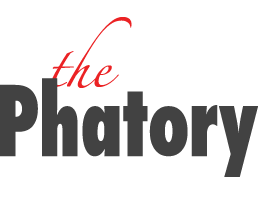Gary Sherman
 Gary Sherman’s installation The American Night(mare) takes its cue from Francois Truffaut’s film Day for Night. The film’s title refers specifically to a Hollywood technique known as “the American night,” in which scenes shot in daylight are manipulated to appear as if shot at twilight. The installation correlates this staging of the cinematic experience—of making day appear as night—to the postmodernist view of history as a mix of fact and fiction.
Gary Sherman’s installation The American Night(mare) takes its cue from Francois Truffaut’s film Day for Night. The film’s title refers specifically to a Hollywood technique known as “the American night,” in which scenes shot in daylight are manipulated to appear as if shot at twilight. The installation correlates this staging of the cinematic experience—of making day appear as night—to the postmodernist view of history as a mix of fact and fiction.
Because a fact is understood to be something that is collectively believed to be true it would seem that “fact” is a definitive category. However, some facts may not be the truth. In his essay “History is written by the winners” George Orwell bemoans the possibility that the historical narrative of the political conflicts of his time would be “decided not by evidential methods but on the battlefield.” The boundary between fact and truth is not altogether absolute and so truth, and therefore history, is subject to subversion and revision. As a rebuke, Orwell extols the virtue of “truth as something outside yourself, something to be discovered, and not as something you can make up as you go along . . . .” * Recent political developments in America have herded the country into a vast political quagmire fomented by paranoia, obstructionism and a range of facts and quasi-facts, conspiracy theories, fabricated realities, alternative facts and perceptual distortions. Categories such as fact and truth, fiction and nonfiction, the real and the unreal, have disintegrated amid an onslaught of hyperbole.
Apropos all of this is the heterotopic space of The American Night(mare)** installation. An assortment of mirrors within the gallery facet and defamilarize the space. The place that the viewer occupies when she gazes at her reflection in the mirrors is connected with all that surrounds it. At the same time, the virtuality of the place reflected (its sense of being real, but not actual) is someplace other, someplace over there. That indeterminate experience is a reminder of the destabilization that infects the American political discourse today.
*(Orwell, February 4, 1944, Tribune). http://alexpeak.com/twr/hiwbtw/
** In the context of such hypernatural contortions, the modifying suffix “mare” seemed appropriate; “mare” being a mythological evil spirit who torments others with frightening dreams.










